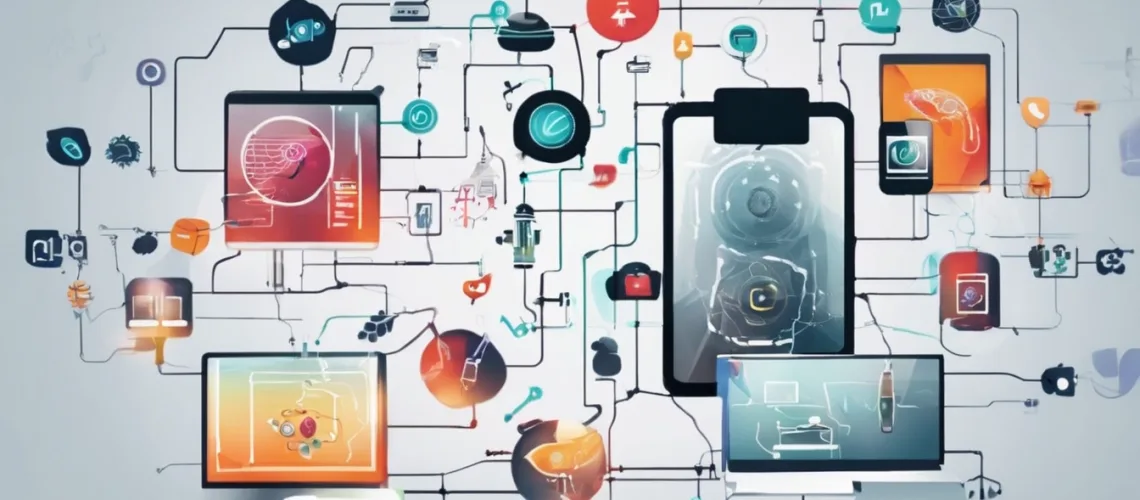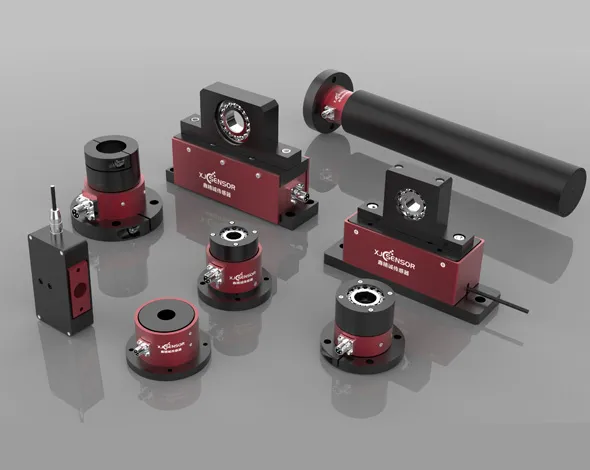In an era where technology is advancing at a breakneck speed, smart devices are not just gadgets but are becoming integral to our daily lives. AI sensors are at the core of this revolution. They are important components that allow devices to interact intelligently with their surroundings. But how do these smart devices function so seamlessly? Let’s delve deeper into the interplay between sensors, IoT (Internet of Things), Big Data, and Artificial Intelligence (AI).
The Pivotal Role of AI Sensors in IoT
AI sensors take this concept further by not just collecting data but also processing it using built-in AI algorithms. This enables them to make intelligent decisions without human intervention. AI has been integrated into sensors. This integration allows for real-time data analysis, predictive maintenance, and better decision-making.
How IoT and AI Contribute to Smart City Development
When it comes to building a smart city, AI and IoT are two sides of the same coin. IoT allows devices to connect and communicate. AI makes sense of gathered information. They work together to manage resources better, improve traffic, increase public safety, and reduce environmental impact. In smart cities, AI sensors can be used for smart street lights that adjust brightness based on pedestrian traffic. They can also be used for waste management systems that optimize pickup schedules.
Unveiling AI-Enabled Industrial IoT Systems
AI-powered IIoT systems are revolutionizing industries through predictive maintenance, enhanced manufacturing, and efficient supply chains. An AI-enabled industrial IoT system incorporates advanced sensors to monitor equipment status, predict failures, and initiate corrective actions autonomously. Actuators in AI-powered systems can automatically respond physically to sensor inputs and AI analysis.
Projects, Price, and Apps – The Ecosystem of AI Sensor Technology
In addition, more people want apps that connect to AI sensors. These apps let users use their phones to control and check smart sensor. An AI sensor smart sensor app can provide real-time data visualization, notifications, and control mechanisms, making it easier to manage the connected environment.
The Future Is Now: Writing with AI and Actuation in Automation
As we look ahead, ai writing sensor technologies could reshape content creation by analyzing user behavior and automating personalized content delivery. Furthermore, actuators will play a bigger part in AI systems, transforming data insights into actions in different industries.
In conclusion, smart devices powered by AI sensors are leading us towards a more connected and intelligent future. XJCSENSOR and similar companies play a crucial role in advancing technology by creating sensors. These sensors make systems smarter. They also promote innovation and enable the development of intelligent living and working environments. Today, sensors, IoT, Big Data, and AI are making life easier and improving industries.



